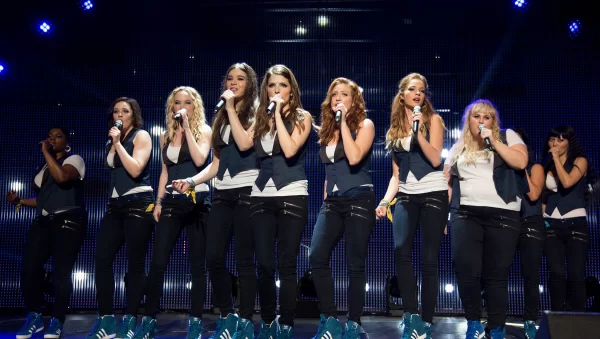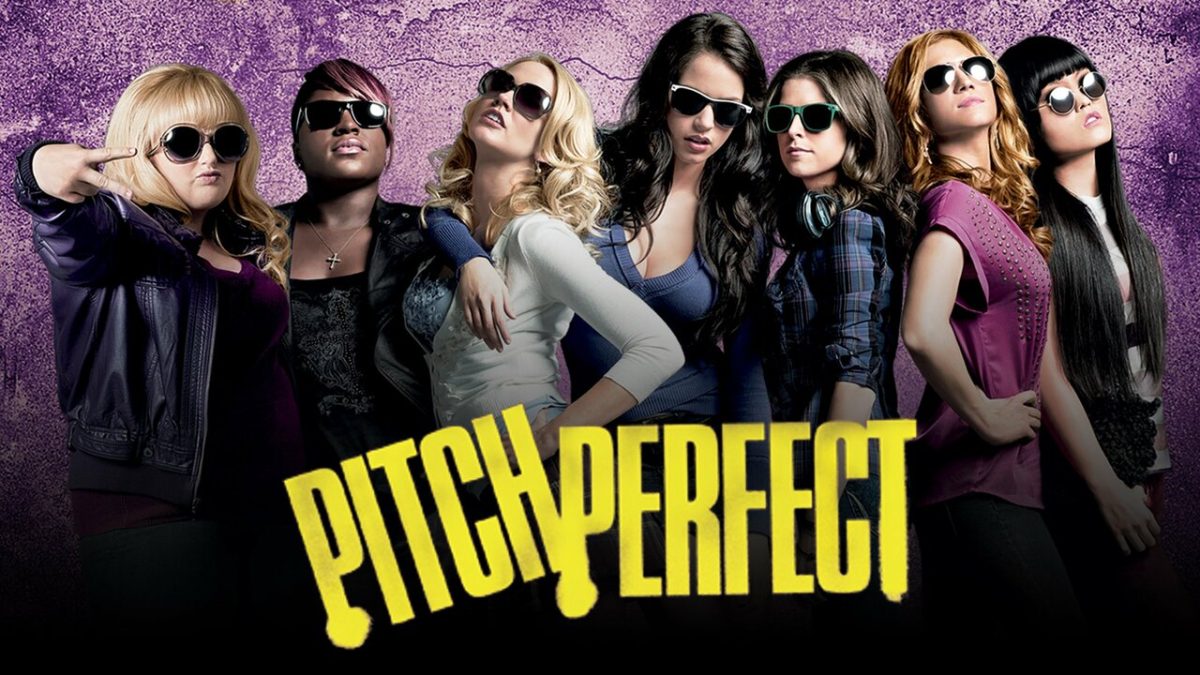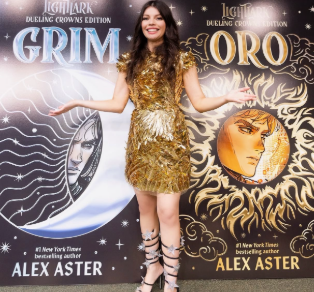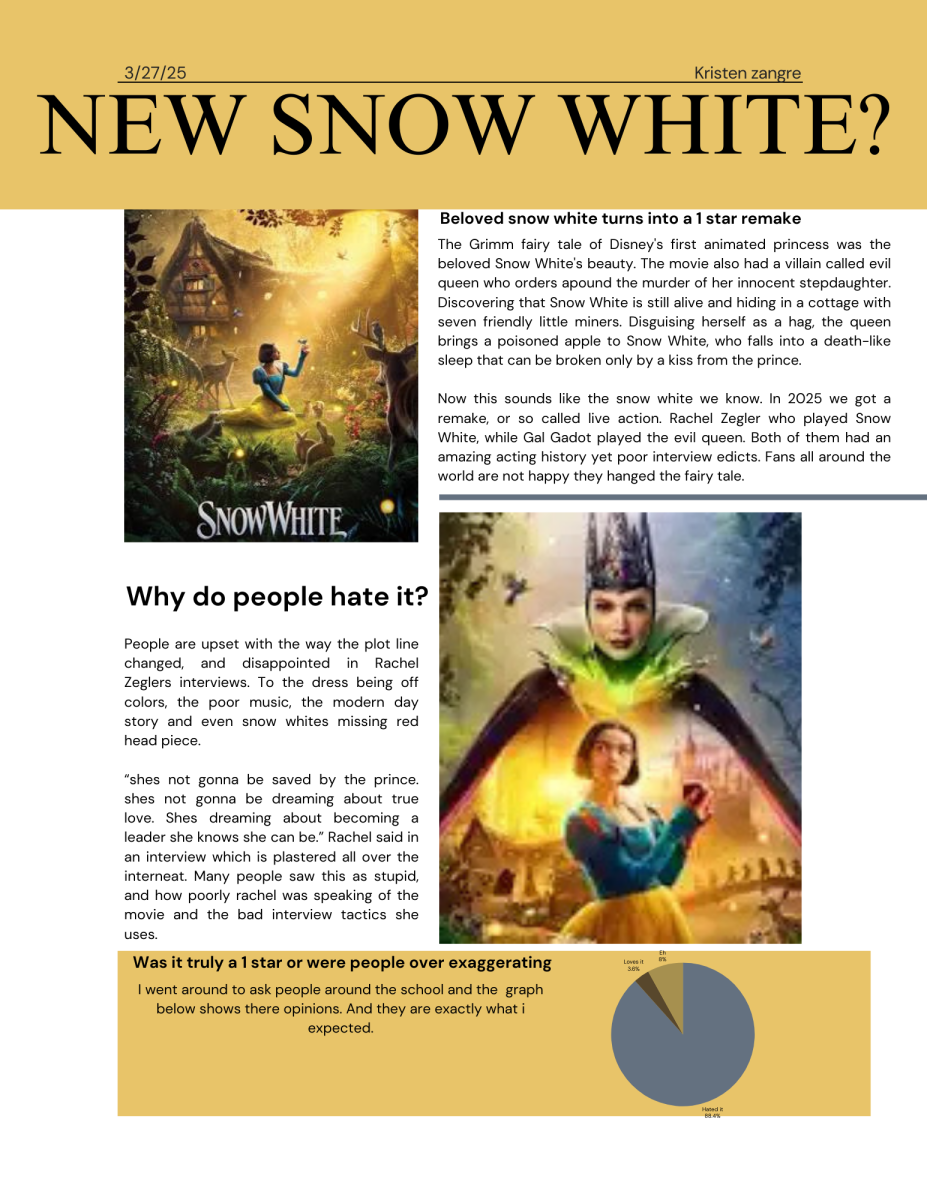The Magic of Pitch Perfect
Modern society has not been hesitant to throw condescending glances towards those transfixed by the magic of musical and theatrical arts, while simultaneously showering the more conventional and charming athletic prodigies with incessant praise. If one could replace a respected jock’s football uniform with a pair of dated skinny jeans, a quirky fedora, and a dapper necktie, they would achieve the essence of Pitch Perfect’s genius: an unorthodox world in which legal adults fall head-over-heels at the first harmonious note of an acapella cover of Britney Spears’ Toxic. As audiences watch Beca morph from an angsty, loner college student to one engrossed in the passionate acapella competition between her “Barden Bellas” and rivaling male performers, the “Treblemakers”, we view an enchanting tale of romance, the value of pure, female friendship, and the indomitable spirit of the underdog.

The Cast
Composed of an established and musically gifted cast, Pitch Perfect was destined to become one of the most treasured films of our generation from its conception. Led by the captivating yet familiar Anna Kendrick, audiences felt an innate connection to the conflicts and desires experienced by Beca, while being left awestruck by her vigorous singing voice that truly shines under the constraints of acapella. Supporting actress Rebel Wilson, notorious for her performances as a comedic relief, appeals to viewers as the humorous Fat Amy and delivers an unparalleled vocal performance with her soulful and profound voice. The boys are no different; Adam Devine establishes himself as the egotistical and renowned Bumper who led the Treblemakers with an iron fist, as Broadway’s phenomenon Ben Platt tugged at the heartstrings of viewers with his performance as the talented yet socially awkward Benji. With a dynamic and entertaining cast, the film’s plot and musical aspects fell seamlessly into place.
The Music
Perhaps the most stunning and enthralling component of the flawless Pitch Perfect lies in the acapella performances themselves. Time and time again, audiences find themselves drawn to the mesmerizing melodies delivered by our beloved characters when they take to the stage, whether it be in a simple and informal riff-off or the highly-regarded acapella championship. Upon the release of the film, it would be almost unlikely to find a teenage girl who did not have a plastic cup in her clutch, meticulously studying the motions behind Beca’s impromptu “Cup Song” that took the internet by storm. The catchy tune etched itself into the minds of viewers and established Pitch Perfect as a classic film for this time period. The greatest performance, however, lies at the end of the film, as the swoon-worthy “Treblemakers” leaves audiences speechless with their rendition of “Bright Lights Bigger City/Magic”. Their harmonies and dynamics alone are enough to tantalize viewers, but they don’t stop there; with solo performances from Benji and a skillful rap segment, audiences can’t resist feeling the music within their souls. Entirely engaging and vocally pleasing, one should expect nothing but the highest caliber of entertainment and performance from Pitch Perfect.
In my lifetime, I have not watched a film that I have adored more than Pitch Perfect. Regardless of how many times I return to view this cinematic masterpiece, I always find myself engrossed in the lives of the quirky characters and feel the charm of the acapella performances themselves throughout the entirety of my being. I believe that this film is not confined to the term of having a specific “target audience”, as every person is capable of loving this engaging movie.
There is no film that rivals Pitch Perfect in entertainment, whether it be through the talented cast, humorous plot, or heavenly music. Those who have never seen the movie are depriving themselves of the simple joys of life that lie in the power of acapella. New viewers should be cautious before their first watch, however: they may never be able to enjoy another film again.








